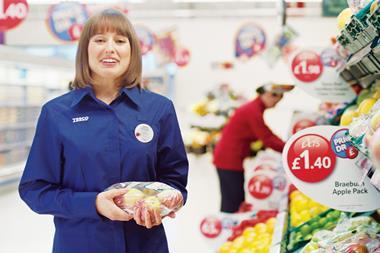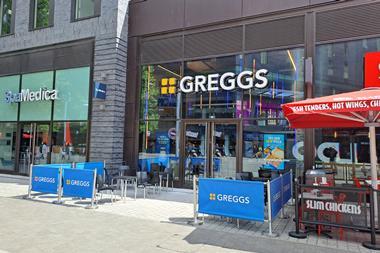Shoppers are sticking to their ethical principles when it comes to Fairtrade and locally sourced food – but organic food seems to be losing its appeal.
The number of British shoppers who buy ethical food – including Fairtrade and locally sourced – has increased since 2006, a new survey by IGD has revealed. However, the number of consumers opting for organic products has fallen, according to the Shopper Trends 2009 report.
A quarter of shoppers said they had purchased at least one Fairtrade item in the past month, compared with 9% in 2006. The percentage choosing locally produced food has almost doubled to 27%, while those who regard food provenance as a priority has risen from 16% to 23%.
The results also revealed the proportion of shoppers supporting high animal welfare standards had doubled to 20%.
Almost a half mentioned animal living conditions when asked about food production concerns, compared with 30% in 2006. Organic products was the only ethical food area where the number of shoppers had fallen, to 19% compared with 24% last year.
“We believe this is partly due to a swing towards other ethical options, mainly among more casual organic shoppers,” said Denney-Finch.
Shoppers’ values ran deep when it came to doing the right thing, said Fairtrade Foundation director of communications Barbara Crowther.
Traidcraft marketing director Larry Bush added: “This survey reinforces that Fairtrade is not a fad; it’s a result of consumer education and awareness of the benefits of Fairtrade to developing world producers.”
Shoppers were more price-sensitive, but were not leaving their ethical concerns at home when they went shopping, said IGD chief executive Joanne Denney-Finch. “People are scrutinising closely to get the best value for their values,” she said.
The Soil Association insisted that although the recession had destabilised organic sales the impact had not been catastrophic.
Sign in to comment on this article
Not logged in before? Register for FREE guest access today.
You will be able to:
- Read more stories
- Receive daily newsletters
- Comment on stories
Advert



















No comments yet